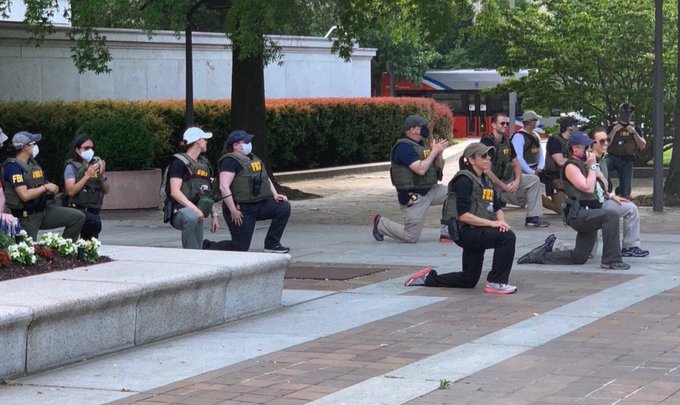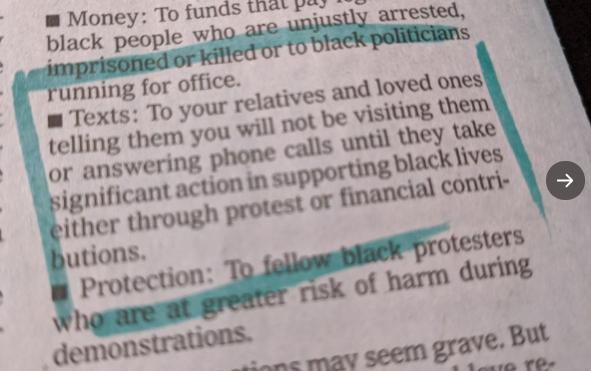Signs Of Moral Cowardice Among The Rulers
BY Herschel SmithOn June 1, Fishtown made national headlines when a group of men carrying baseball bats and clubs opted to protect their neighborhood from the looters and anarchists who had trashed Center City. This vigilante group emerged following three days of media reporting that the “protest” was moving into neighborhoods like Germantown, Kensington, and West Philadelphia, along with reports of fires, blown-up ATM machines, blocked traffic, burned buildings, and threats of more violence. For three days, Philadelphians watched scenes of police officers running from rioters as patrol cars were destroyed or set on fire. One report even showed police officers scattering out of the looters’ way, appearing frightened.
[ … ]
Kenney, relatively distant as the city burned, suddenly emerged from his City Hall bunker and issued a statement. “We do not condone vigilantism,” he said. “We understand that communities desire to protect their neighborhood, and if they want to do that in peace, we would allow it, regardless of neighborhood. But armed vigilantism will not be tolerated moving forward. I am glad police moved in to eventually disperse the group, but I am not happy about how long it took.” The district attorney, Larry Krasner, concurred, describing the videos of men with bats as “disgusting,” though he never alluded to the looters in the same vein.
The chief of police runs from rioters, and finds patriots disgusting. These are the signs of the times – they will not end well.
Ideological bankruptcy and moral cowardice is the only common element, and the common end will be submission and ultimately death.
The communist revolution is well under way.






